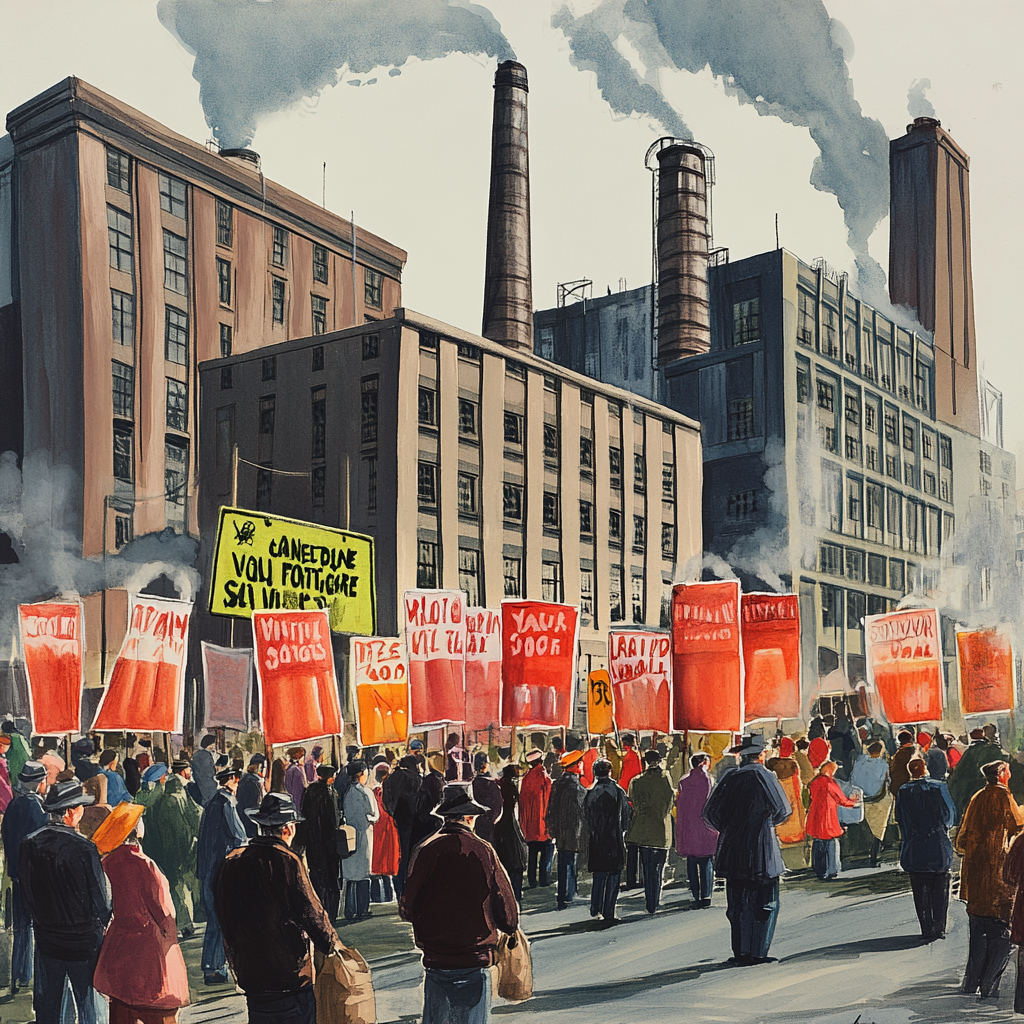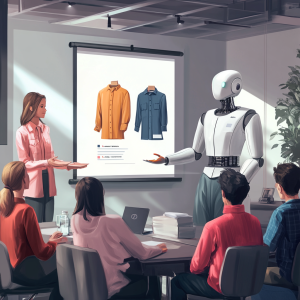How Much Do Boycotts Affect a Company’s Bottom Line?

BlueSky Thinking Summary
In a case study on Goya, Anna Tuchman and her coauthors J?ra Liaukonyt? and Xinrong Zhu tracked how consumer behavior shifted over the course of a social media-driven political firestorm.
As chief executive officer Robert Unanue made offensive comments pledging support for President Trump, calls for a boycott against the brand began to spread, but an opposing buycott was succeeding in tandem, boosting Goya's sales by 22% in two weeks.
This effect was most striking for first-time buyers from strongly Republican counties, underlining the power of the buycott to compensate for possible negative effects of a boycott.
Notably, Goya did not experience any substantial decline in purchases from its loyal Latino clientele, underlining how brand loyalty can be very resilient to political controversies.
The study shows that much attention is currently focused on boycotts, while often their economic effects are dwarfed by countermovements in especially polarized consumer markets.
Tuchman based these findings on the temporary nature of the effects and on the probability that, during controversies, companies could have additional means for raising visibility of their brands.



